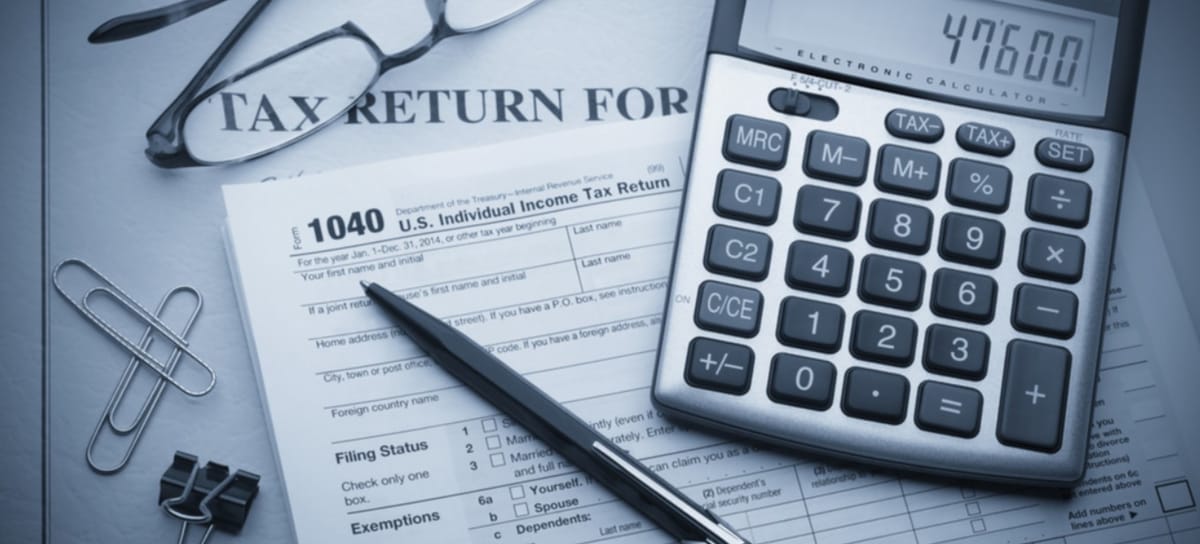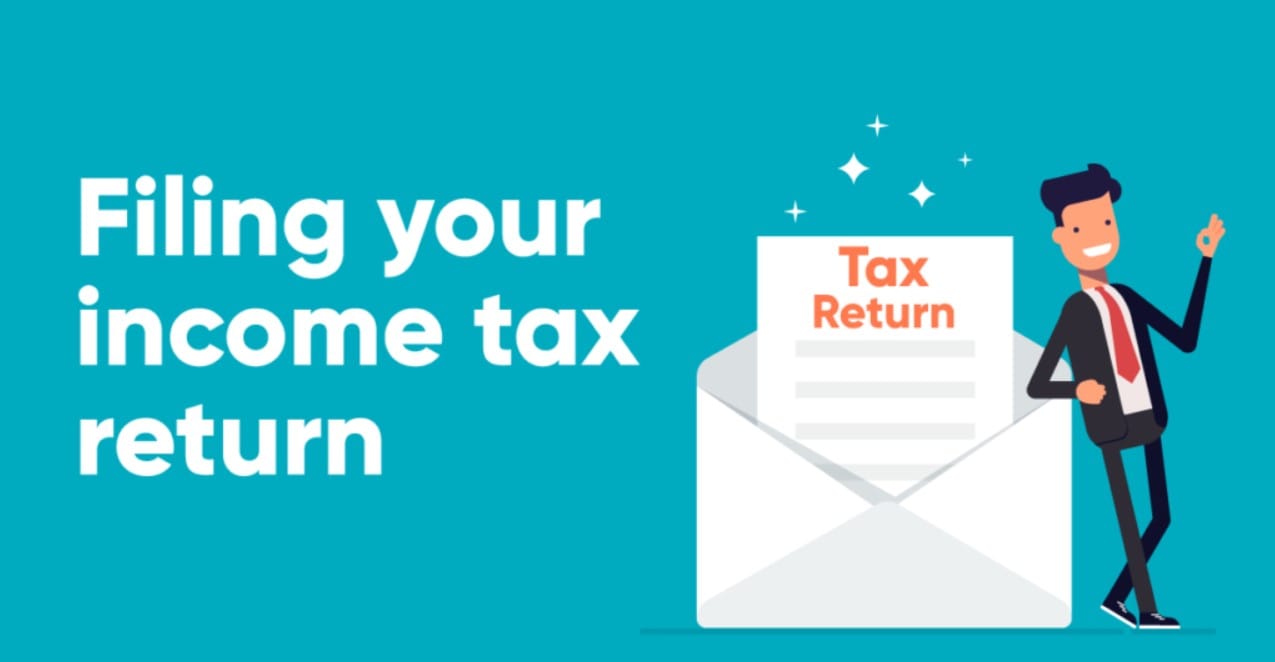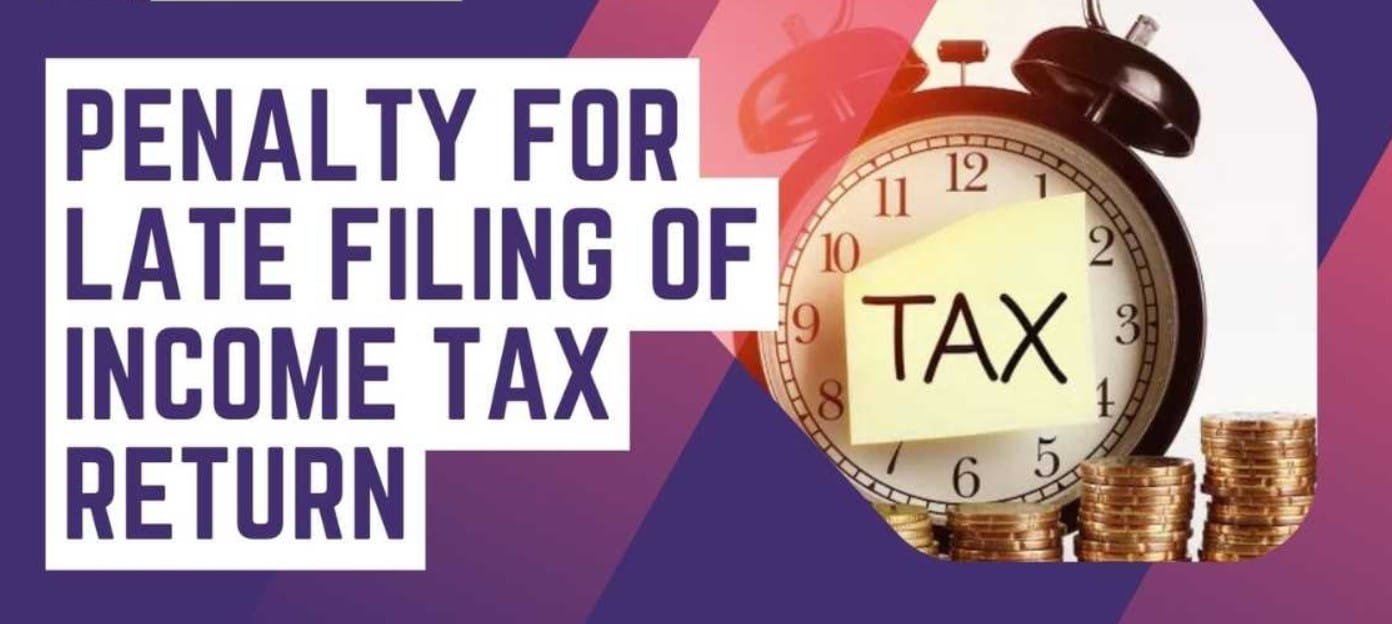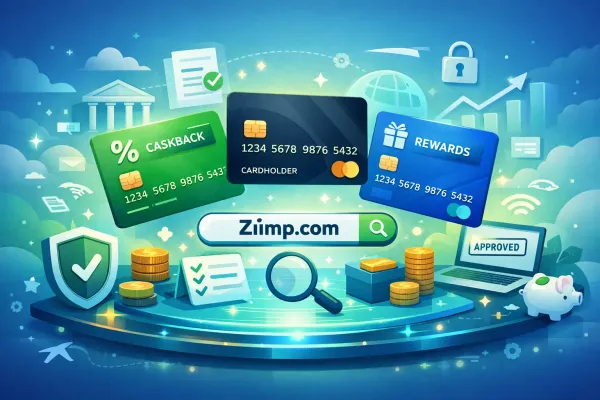Why Is It Important to File Your Income Taxes Before Tax Day?

Filing your income taxes might not be the most exciting activity, but it’s an essential responsibility that brings significant financial benefits when done on time—or better yet, early. Procrastination during tax season can lead to unnecessary stress, financial penalties, and missed opportunities. But what are the exact reasons why filing your income taxes before Tax Day matters so much? Let’s break it down in detail.
The Importance of Filing Your Income Taxes Before Tax Day

Filing your income taxes before Tax Day isn’t just a legal obligation—it’s a smart financial move. From ensuring peace of mind to avoiding penalties, here’s why it pays to plan ahead.
Avoid Late Filing Penalties
One of the most immediate consequences of filing your taxes after the deadline is incurring late fees. The IRS imposes penalties for late filing that can add up quickly.
- The penalty for failing to file is 5% of the unpaid taxes per month, capped at 25%.
- Even if you file late but owe nothing, you may still face penalties in some cases.
Filing early eliminates the risk of these fines and ensures you remain compliant with federal and state tax laws.
Peace of Mind and Reduced Stress
Waiting until the last minute to file taxes often results in panic, mistakes, and stress.
- Early filing allows you to take your time, review documents carefully, and ensure every form is accurate.
- Rushing increases the chances of errors that could trigger audits or delayed refunds.
By filing before Tax Day, you can relax knowing your financial obligations are taken care of.
Faster Refunds
Did you know that the earlier you file your taxes, the quicker you can receive your refund?
- According to the IRS, taxpayers who file electronically and use direct deposit typically receive their refunds within 21 days.
- Filing closer to Tax Day often results in longer processing times as millions of taxpayers flood the system.
An early tax refund means you’ll have access to those funds sooner, whether to pay off debt, invest, or cover upcoming expenses.
More Time to Address Errors
Mistakes happen, but filing your taxes early gives you the opportunity to catch and correct errors before the deadline.
Common tax-filing mistakes include:
- Forgetting to report income
- Claiming ineligible deductions or credits
- Typographical errors in Social Security numbers
When you file early, you’ll have sufficient time to amend errors without facing penalties or processing delays.
Maximizing Available Deductions and Credits
The sooner you file, the more time you’ll have to thoroughly review your financial situation and identify potential tax deductions and credits.
- Many taxpayers miss out on valuable deductions because they’re in a rush to meet the filing deadline.
- Examples of deductions and credits include child tax credits, education deductions, and medical expense write-offs.
Filing early ensures that you maximize every opportunity to reduce your tax burden.
Consequences of Filing Taxes Late

Let’s take a closer look at the risks and consequences of procrastinating on your tax return.
Accumulated Interest and Penalties
Beyond late filing penalties, failing to pay your owed taxes by the deadline can result in interest charges.
- The IRS charges interest on unpaid balances at the federal short-term rate plus 3%.
- Penalties and interest accumulate over time, turning a manageable tax bill into a financial burden.
Increased Risk of Identity Theft
Tax season is a prime time for cybercriminals to engage in fraudulent activities. Filing late exposes you to a higher risk of tax identity theft.
- Criminals can use your Social Security number to file fraudulent tax returns and claim refunds.
- Filing early reduces this risk by beating fraudsters to the system.
Missed Opportunities for Payment Plans
If you owe taxes but can’t pay the full amount, the IRS offers installment agreements to help taxpayers manage their obligations.
- Filing late limits your ability to negotiate payment plans, potentially leading to wage garnishments or tax liens.
- Filing early provides time to explore payment options without additional pressure.
Practical Tips for Filing Taxes Before Tax Day
Filing taxes early might seem overwhelming, but with proper preparation, it’s easier than you think. Here’s how you can get started.
Organize Your Financial Documents
Gather all necessary documents in advance, including:
- W-2 and 1099 forms
- Records of deductible expenses
- Bank and investment statements
Keeping your documents organized reduces last-minute stress and ensures you don’t overlook important information.
Take Advantage of Tax Software
Modern tax software makes filing simple and efficient. Benefits include:
- Automated calculations to minimize errors
- Step-by-step guidance for claiming deductions
- Options to e-file directly with the IRS
Many platforms also allow you to estimate your refund or tax liability in advance.
Seek Professional Assistance
If your taxes are complex, consider hiring a certified public accountant (CPA) or tax preparer.
- Tax professionals can help you navigate intricate tax laws and find additional savings.
- They also ensure your return is accurate, reducing the likelihood of audits.
File Electronically
E-filing is the fastest and most secure way to submit your tax return.
- The IRS provides free e-filing options for eligible taxpayers.
- Electronic filing eliminates the risks of lost paperwork and ensures faster processing.
Common FAQs About Filing Taxes Before Tax Day
What happens if I don’t file my taxes on time?
You may face penalties, interest charges, and delayed refunds. Additionally, failing to file can result in legal consequences.
Can I file taxes after the deadline?
Yes, but you’ll need to file an extension or risk late filing penalties. Keep in mind that an extension only postpones your filing deadline—not your payment deadline.
Do I need to file taxes if I don’t owe money?
Yes. Even if you don’t owe taxes, filing is required to claim refunds or qualify for certain benefits like stimulus payments.
What if I can’t afford to pay my taxes?
The IRS offers installment plans and other payment options. File on time to avoid penalties and negotiate a manageable solution.
Can I amend my tax return after filing?
Yes. You can file an amended return using Form 1040-X to correct errors or update information.
When is the best time to file taxes?
The best time to file is as soon as you have all necessary documents. Early filing ensures faster refunds and fewer complications.
Conclusion: Why Filing Taxes Early Is a Smart Move
Filing your income taxes before Tax Day isn’t just about avoiding penalties—it’s about gaining financial clarity, peace of mind, and access to valuable opportunities. Early filers reap the benefits of faster refunds, reduced stress, and better financial planning. Whether you’re an individual taxpayer or managing a small business, the advantages of filing ahead of schedule far outweigh the downsides of waiting until the last minute.
By taking proactive steps and leveraging available resources, you can make tax season a smooth, rewarding experience. Don’t let the ticking clock of Tax Day hold you back—start preparing early, and enjoy the benefits of a hassle-free tax season!




